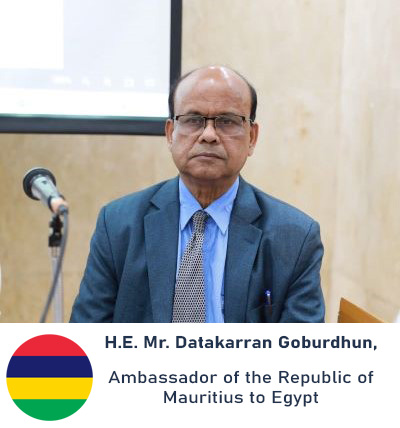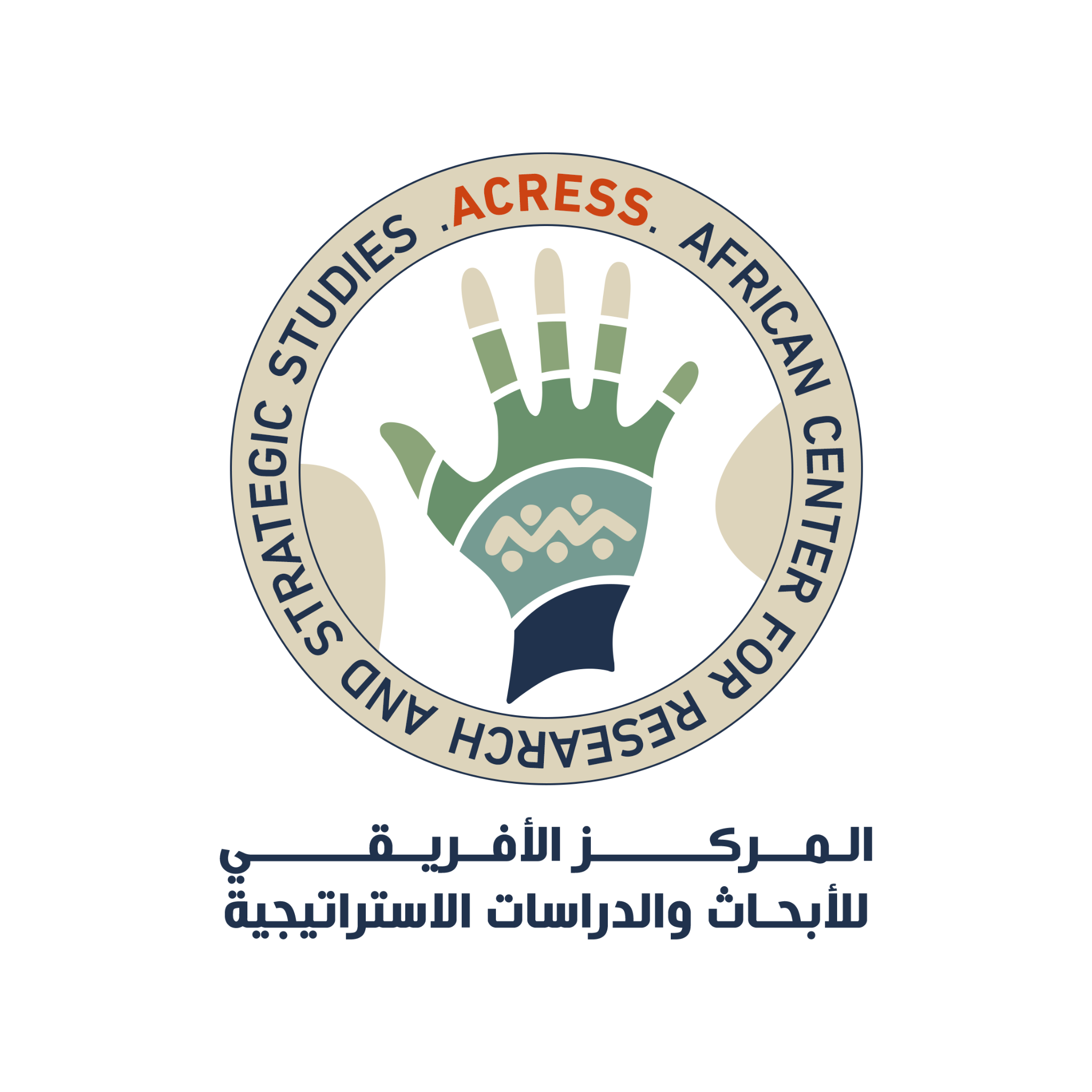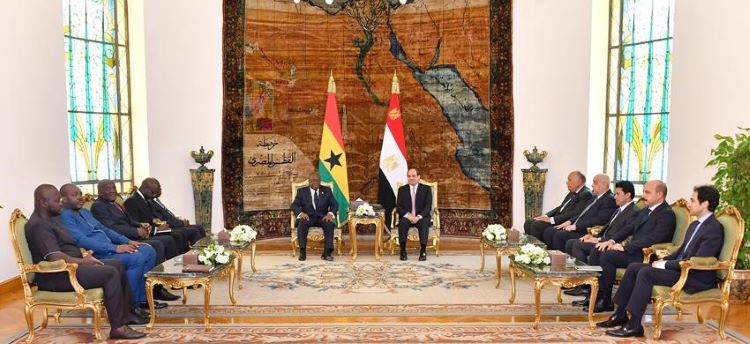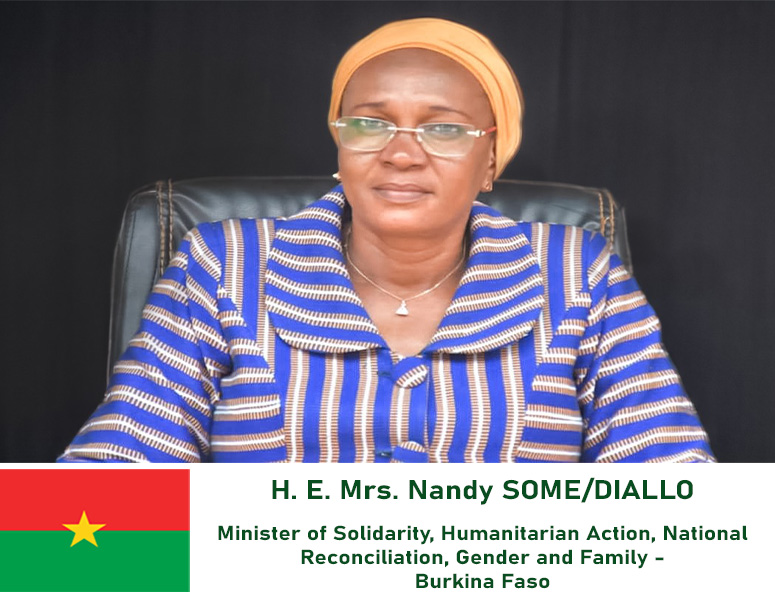
H.E. Mr. Datakarran Goburdhun,
Ambassador of the Republic of Mauritius to Egypt
When Mauritius got its independence, many people believed that its population would starve because it had very limited natural resources and education was reserved for few affluent people only. The island has made considerable progress since then and is now classified by the World Bank as an upper- middle income economy.
Among sub-Saharan African countries, Mauritius has one of the highest literacy rates. The adult literacy rate was at 91.9% in 2022.
One of the key elements of this leap forward has been the Mauritian Governments’ belief in the systemic significance of education. Our education is largely based on the British System. Access to free education has always been high on each successive government’s agenda. Providing free transport facilities to all students irrespective of age, has tremendously played a catalyst role in making education accessible to the masses. In Mauritius, education is compulsory up to the age of 16. Non-compliance to same is considered as a public offence.
During the last five years, thanks to the continuous improvements to our education infrastructure, Mauritius has been able to increase its tertiary enrolment for higher education. In 2018, the enrolment rate was of 40.6%, and this access to higher education, free of charge, was higher than any other country in Sub-Saharan Africa.
Due to lack of high-value natural resources, Mauritius has invested massively in education. This was done through the Welfare State which provides free education at all levels. Two years ago, the current Government went a step further by providing free education to all children 3 years old and above by making pre-primary and kindergarten-education free. The point I want to press here is that there is a consistent approach in Mauritius to constantly improve education.
Since its accession to independence in 1968, the Government of Mauritius has come up with successive policies to ensure Mauritian citizens are not deprived of education.
Primary education is free since independence of Mauritius and free secondary education was introduced in 1976; free secondary education has caused considerable rise in enrolment at secondary level. Cambridge University SC and HSC exams fees for Mauritian students are paid by the Government. Free education is encouraging parents to push their children to at least complete secondary education.
One of the end-results of this approach has been the remarkable increase in girls’ enrolment, thereby narrowing the gender gap to reach near parity. In the past years, girls have even overtaken the boys in the academic performance ladder.
There is a growing awareness in the population of the value of higher education. Over the years, this has inevitably led to a culture of education and learning at the heart of Mauritian families in general.
The University of Mauritius started operation in July 1968 and dominated the higher education landscape locally for many initial years. It was the only Tertiary institution of Mauritius. Today, there are no less than 30 Tertiary institutions in Mauritius, including a dozen of internationally known universities, which have opened campuses in the island. Foreign investors setting up campuses in Mauritius are VAT-exempted. There are some 10,000 foreign students studying and who are at the same time eligible to do part-time jobs. On obtention of a 3 years degree in Mauritius, foreign students are allowed long term visas to stay and work in the island.
Since 2015, Mauritius has embarked on a transformative restructuring of the primary and secondary education sector, locally known as the Nine Years of Continuous Basic Education reform. Its implementation was somehow disrupted by the advent of Covid but it has gained speed since.
The intention was to come forward with a new education model adapted to the needs of the country and to the challenging global environment. It was designed to provide a holistic approach to education and to develop essential competencies in kids.
The Nine Year Schooling programme is slated to position Mauritius firmly in the league of High Income Economies and ensure that the island responds positively to its national development needs in terms of labour, competencies and human capital.
In 2019, the government came forward with the free tertiary education policy. With the help of this new policy, the scope and access to higher education was widened further. Thus, the government was fully subsidizing all tuition fees for its citizens to study for a first certificate or diploma or degree in any one of the 10 public higher education institutions
Tertiary education revolves around 10 publicly-funded institutions and about 45 private institutions, a dozen of them foreign-established ones, offering more than 700 programs in a multiplicity of disciplines.
From 2016 to 2019, there was an upward surge of almost 38% towards distance education or the online mode of study. This shift towards a non-traditional mode of delivery showed that higher education institutions were evolving towards the use of alternative pedagogical tools.
In Mauritius, scholarships are offered to those students with disabilities. The aim is to support and encourage learners with disabilities to achieve their higher education aspirations. Furthermore, to ensure equity in terms of access to education, the government gives scholarships to students coming from vulnerable families. And laws were implemented to compel firms, companies and public bodies to recruit a certain percentage of their workforce with cadres coming from these categories.
In the next part of my expose, I will talk on the creative economy.
The concept of the creative economy, which emphasises creativity as the primary fuel for economic growth in the 21st century, has significantly evolved and expanded since its early definitions. Today the creative economy plays an important role in diversifying production, attracting investment, supporting entrepreneurship, and promoting cultural diversity and well-being, and has a substantial contribution to the national economy.
The role of education in sustainable development, particularly in the post-COVID recovery and the age of artificial intelligence is multifaceted and crucial. Education is not only a fundamental pillar for achieving sustainable development goals but also a critical enabler for the creative economy and technological advancement.
Sustainable development, particularly in the context of the SDGs and the global vision for 2030, requires a holistic and integrated approach. Education plays a pivotal role in this regard by equipping individuals with the necessary skills, knowledge, and competencies to navigate the challenges of the 21st century. By aligning educational objectives with the SDGs, countries can prepare their citizens to contribute meaningfully to economic, social, and environmental sustainability.
The creative economy encompasses a wide range of activities based on individual creativity, skill, and talent with the potential to create wealth and jobs through the generation and exploitation of intellectual property. This sector, which includes music, film, arts, fashion, and digital media, is rapidly growing in Mauritius and is contributing significantly to GDP, exports, and employment.
The future of work in Mauritius is being shaped by the digital transformation, which is creating new opportunities and challenges in the labour market. The creative economy is at the forefront of this transformation, offering new pathways for employment, especially for the youth. Digital platforms are enabling creators to reach global audiences, thereby promoting cultural exchange and generating income.
To conclude I wish to point out that by nurturing the creative sector, an economy can harness its cultural capital to drive economic growth, create employment opportunities, and achieve sustainable development in the digital age [i].
[i] This article was part of Symposium on" The role of education and creative economy in sustainable development in Africa" which held on 11 February 2024 by the African center for research and Strategic Studies (ACRESS), Cairo, Egypt.
 ar
ar
 fr
fr




